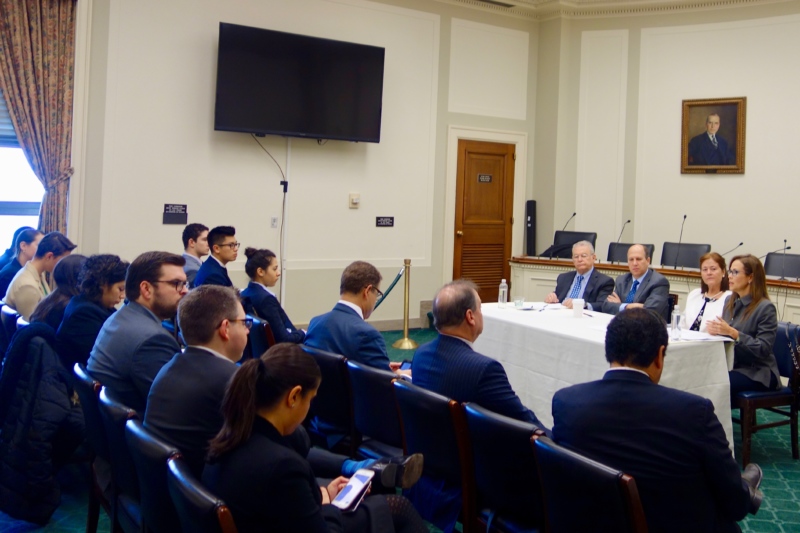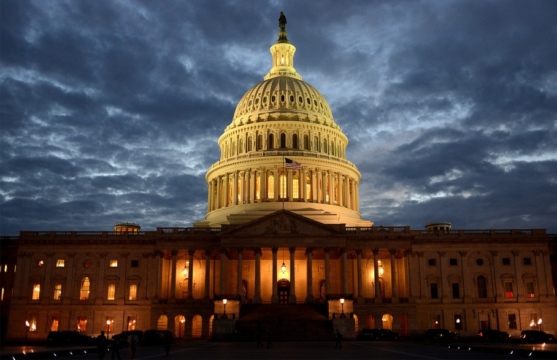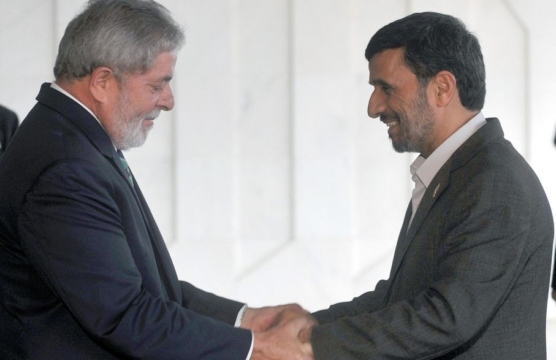What Do the US Election Results Mean for Latin America?
What do the election results mean for hemispheric policy and foreign relations?
On February 14, the Inter-American Dialogue hosted a private briefing for key Congressional staff on the subject of Temporary Protected Status (TPS) with La Fundación Salvadoreña para el Desarrollo Económico y Social (FUSADES), a Salvadoran think tank. Speakers for the briefing included Miguel Ángel Simán, chairman of Inversiones Simco; Claudia Umaña Araujo, vice president of FUSADES; Roberto Murray Meza, president of the Board of Directors at Grupo Agrisal and president of Fundacion Empresarial para la Accion Social (FUNDEMAS); and María Eugenia Brizuela de Ávila, former foreign minister of El Salvador. The conversation was moderated by Manuel Orozco, director of the Migration, Remittances & Development Program at the Dialogue.
Orozco opened the event with brief introductory remarks on the topic and on FUSADES. He noted that FUSADES has been working closely to incorporate the private sector into a politicized debate and that there are vital links between the private sector, the government, and civil society regarding TPS. The discussion described the situation of TPS recipients in the United States and the return of the recipients to El Salvador as well as the challenges that the returnees face in the country. The event concluded with a Q&A session on issues that focused primarily on the US administration and how the perception of the United States in El Salvador affected TPS politics.
The briefing was private and off-the-record.
What do the election results mean for hemispheric policy and foreign relations?
A bill pending in the US Congress would require money transmitters to verify their customers’ immigration status. Is this measure good policy?
Iran’s influence in the region, even in the handful of countries where it has been most active, has only declined in recent years.
 Inter-American Dialogue
Inter-American Dialogue

